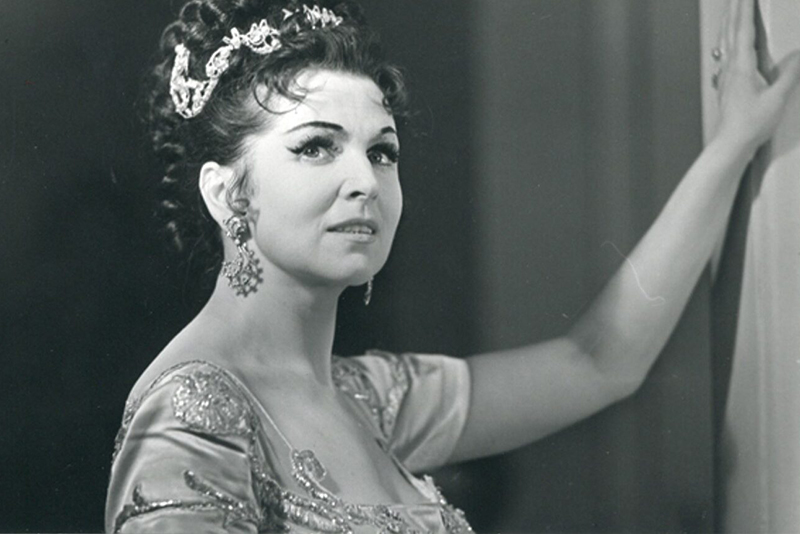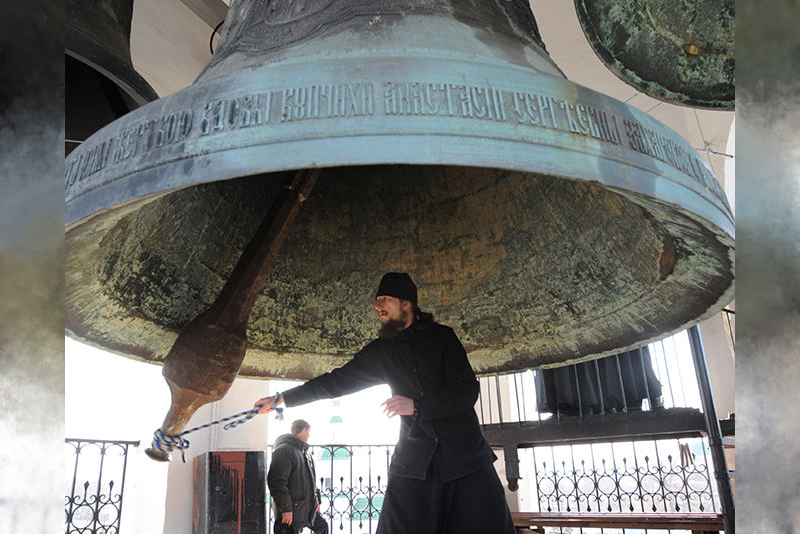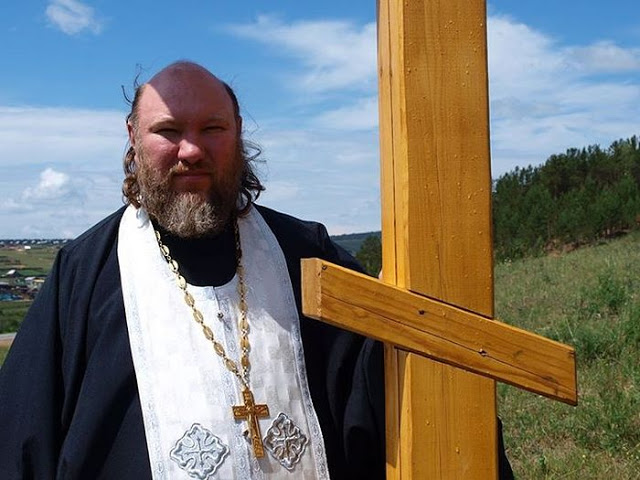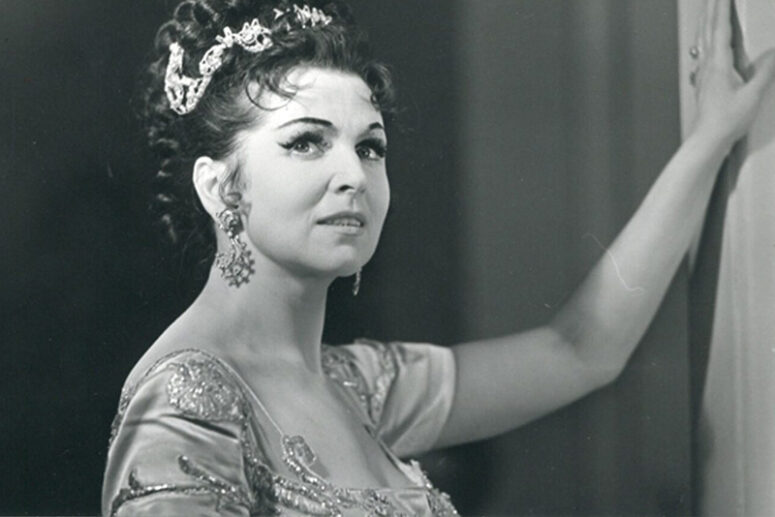
Galina Vishnevskaya, a renowned opera singer and recitalist of the Moscow Bolshoi, would have been 95 on 25 October 2021. She became a star in the 1950s. The Bolshoi was the shop window of the Soviet Union, and no artist could travel abroad with the theatre unless they conformed with the official ideology. Also in the 1950s, a massive anti-clerical campaign was unravelling. Its instigator, the Soviet leader Nikita Khrushchev promised to show the last priest on Soviet television before too long. In the meantime Bolshoi’s costumes were being made from bishops’ mantles. But the music of heaven never died in the heart of Galina Vishnevskaya, who remained an Orthodox Christian throughout these years.
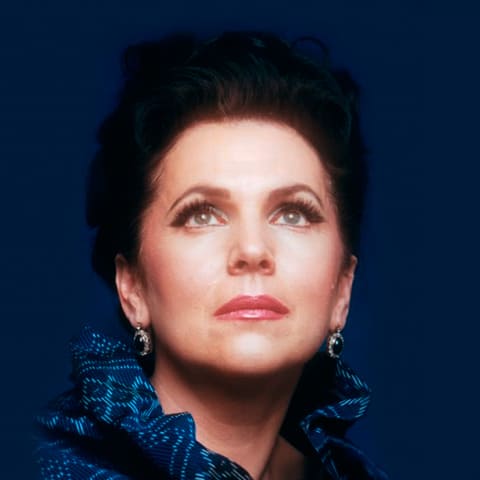
Beggar in the cold
In her autobiographical book “Galina”, Vishnevskaya wrote of her childhood, “We grew up without any knowledge of God.” On the pages of her autobiography, she also shares vivid memories of her childhood years when she was living with her grandmother and her family was going hungry. “At some point, we had sold all our possessions, and grandmother took out of her wardrobe the icon of the Mother of God in a silver Riza, studded with pearls and bramble. “It was hard to break up the Riza, but we had to do it to sell the silver at the buying-up centre.” Grandmother cried as she was tearing off the pearls and bramble and bending up the silver. Then she hid the icon away, whispering something to herself.
She also recalls this incident that happened in the harsh winter of 1932-33 in the streets of the city name Stalinsk where a new factory was being built with prison labour. They were walking in a street with her grandmother when they noticed among a multitude of beggars an old man with a long beard dressed in only a sackcloth shirt. She writes, “Grandmother gasped, ‘Your Holiness! Is it you? I cannot believe it!’ With these words, she burst into tears. Galina was not even at school then. She was frightened. The old man was an exiled priest from Kronstadt. “I do not remember him by name, but this image of an old man in a sackcloth begging in the street stayed with me all my life,” concludes Galina Vishnevskaya.
“Music helped me survive”
The beginning of the war brought an end to her childhood. She had just turned fourteen. Soon, the blockade of Leningrad began. Her grandmother died in 1942 and was buried in a mass grave. A flurry of events followed. She joined a team of 400 women who took upon themselves the titanic task of cleaning up the city. She began playing in the jazz orchestra of the marines while still working on the team that was cleaning by hand the city’s sewage.
“Sometimes, I felt that I could not live unless without the inner music playing in my heart. I could not make this music myself.” “The word of life from the Lord became the music, and Lara went to church to cry over it.” These words from Doctor Zhivago fully applied to Galina Vishnevskaya.
She writes, “The Bolshoi launched a casting for its group of trainees. I saw the notice by accident and performed a very difficult Aria from Verdi’s Aida with almost no preparation. I made a sensation, won the contest and moved to Moscow.”
Several years later, she married the violinist Mstislav Rostropovich.
The music of enlightenment
Vishnevskaya and Rostropovich led a public life, with frequent premieres and guest performances. They were raising two daughters, hosted Solzhenitsyn at their Dacha and were in dispute with the authorities. Displeased, they stripped them of their citizenship on 15 March 1978. The official decree gave the following reason: “systematic action to undermine the prestige of the Soviet Union incompatible with Soviet citizenship.”
Vishnevskaya performed at the world’s leading stages. Even after taking charge of a theatre, she continued to give concerts, make recordings and give masterclasses. She also tried herself in drama. She and her husband had their citizenship returned to them in 1990. Vishnevskaya went back to Russia to become an honorary professor of the Moscow Conservatory and launched an opera centre, where she taught young performance the techniques, but also the understanding of the meaning of music.
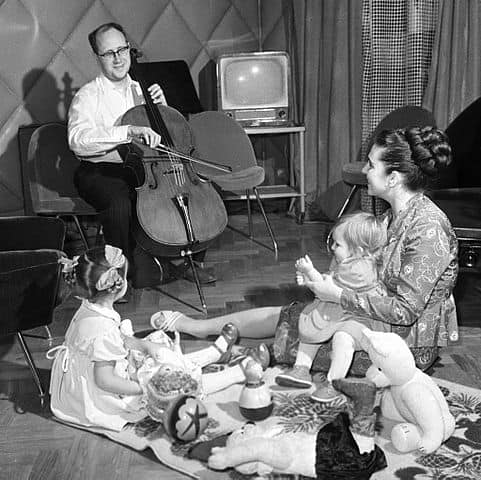
For example, teaching about Tchaikovsky’s “Iolanthe”, she said: “No staging of Iolanthe conveys the true intent of Tchaikovsky with which he wrote his last opera. It was his expression of repentance, his exposition of the truths that opened up to him in his final days. His music is one of enlightenment. It is about living in darkness all one’s life and suddenly seeing the light of Truth. He wrote his opera about this wondrous, priceless and sacred gift. Vodemon sings about it to the blind girl; she asks for it when she sings about seeing light.”
To the sound of the Kathismas
Apart from her public life, known to a large circle of people, there was also an aspect to her life that was more hidden from public view. After her departure, archpriest Gennady Belovolov, the director of the memorial flat of Saint John of Kronstadt recalled that Galina Vishnevskaya not only made multiple donations towards the flat’s upkeep and renovation, but she also prayed before him daily and considered him his guardian angel. She knew about the saint from his grandmother who had met him in person.
Archpriest Victor Potapov, prior of the Church of John the Forerunner in Washington, who heard her last confession and gave her communion, was impressed by the peace and inner concentration with which she took the sacraments. “She knew she was approaching the end of her life, and she was calm.”
Once in Moscow, she took the communion two more times. Shortly before her departure, she knew about an infant with a serious condition and agreed to cover the cost of his medical treatment. She died asking about this infant. The first floor of her Dacha became a chapel. She asked to remove all secular pictures from its walls and replace them with icons. She also arranged for the reading of the Psalter. He departed to the Lord to the sounds of the Kathismas.
Galina Vishnevskaya bequeathed to the Church of Christ the Saviour the large icon of Nicholas the Wonderworker, once confiscated from the church. She and her husband had bought it in London.
Shortly before her death, she sold off the family reliquary to establish the fund for assistance to retired artists of the Bolshoi.
Between heaven and earth
Vishnevskaya and Rostropovich had an audience with the Roman Pope. He said to them, “From now on, may you have only one concern in your life. There is a stairway between God and Man, the earth and the heaven. You are somewhere in the middle. Before you choose your course of action, think if it will take you a step up or down this ladder.”
“In the scramble of our lives, it takes much wisdom and art to follow this advice,” said Galina Vishnevskaya afterwards.
Translated by The Catalogue of Good Deeds
Source: https://foma.ru/galina-vishnevskaja-tajnaja-zhizn-mirovoj-znamenitosti.html

